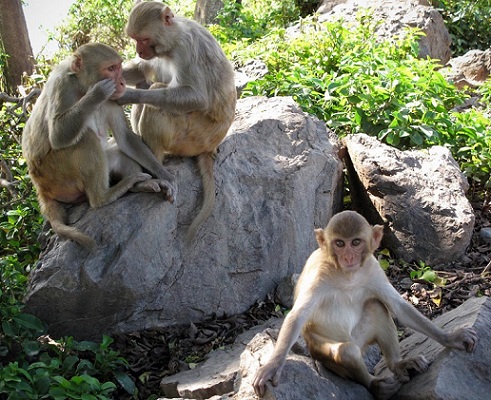Podcast: Play in new window

BOB HIRSHON (host):
Familiar faces. I’m Bob Hirshon and this is Science Update.
As social primates, recognizing the faces of people we know, like our family and friends, is extremely important to our survival. So important that our brain dedicates special circuitry to the task.
SOFIA LANDI (Rockefeller University):
Familiar and unfamiliar faces are processed completely different in the brain. And this might explain why we’re so much better at recognizing familiar than unfamiliar faces.
HIRSHON:
Rockefeller University neuroscientists Sofia Landi and Winrich Freiwald write in Science magazine that they’ve identified two key brain regions for this ability in the temporal cortex of rhesus monkeys.
LANDI:
There’s an aha! moment in which the brain recognizes the familiar face.
HIRSHON:
Landi says humans likely process familiar faces in a similar way. The research could shed light on a condition called prosopagnosia, or “face blindness”. I’m Bob Hirshon, for AAAS, the science society.
Story by Susanne Bard
